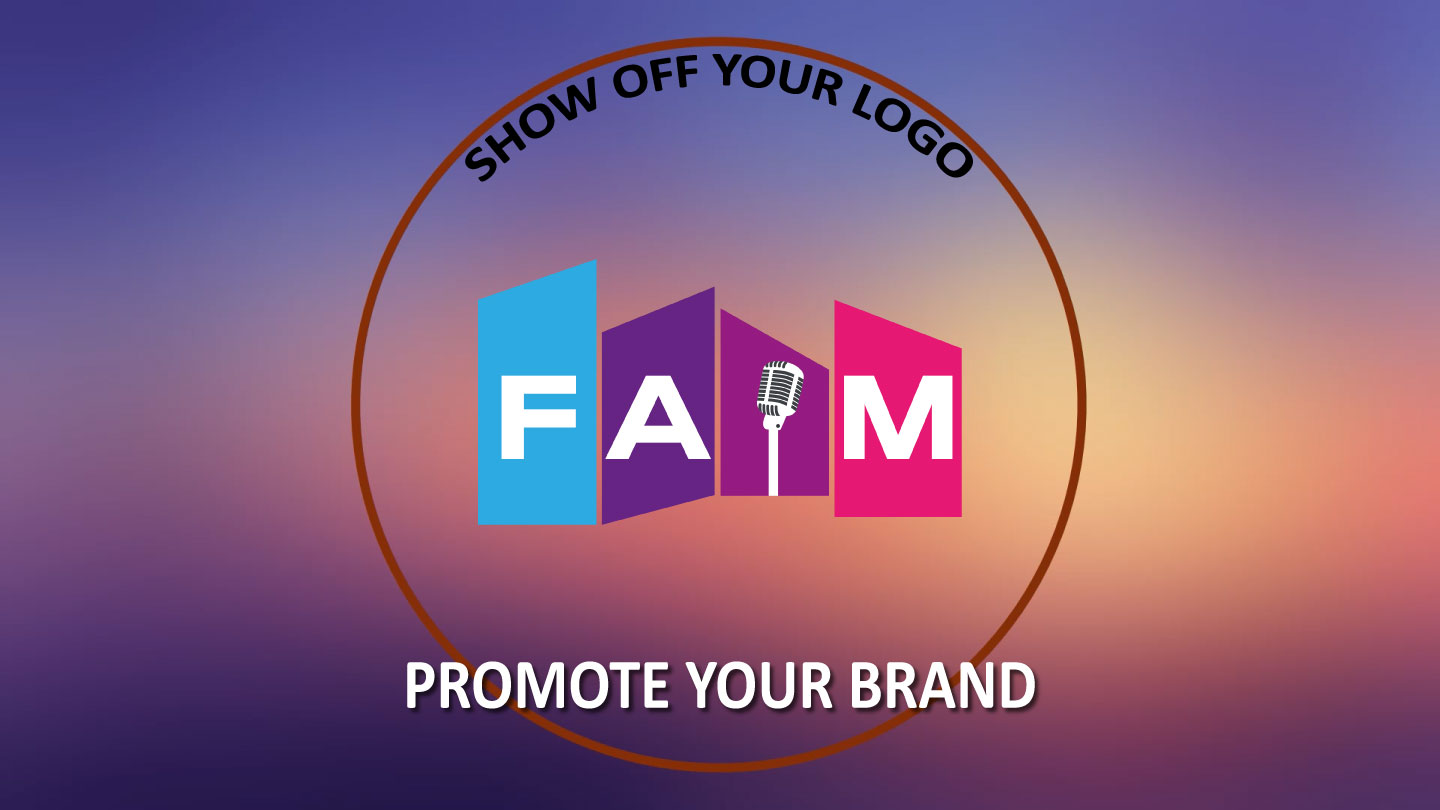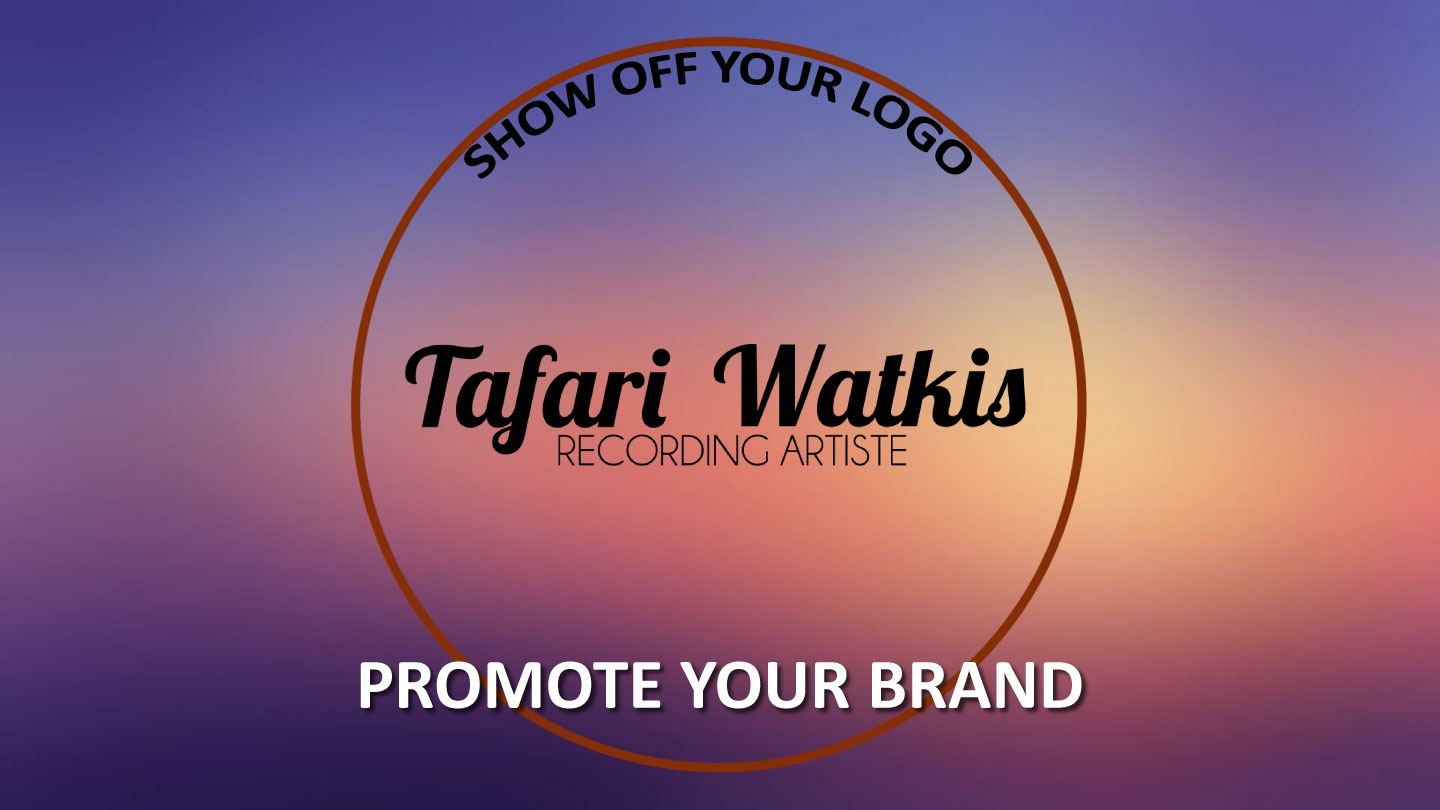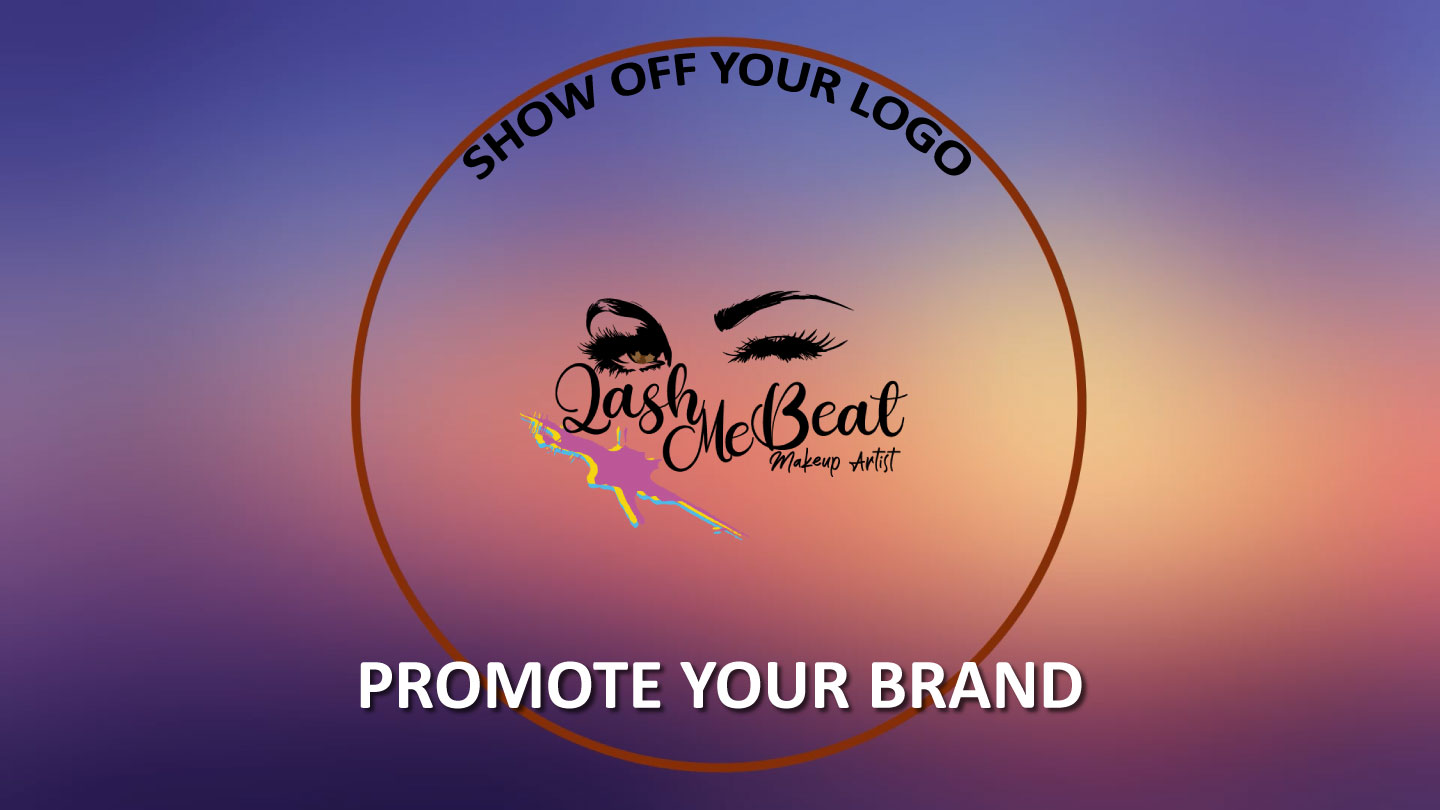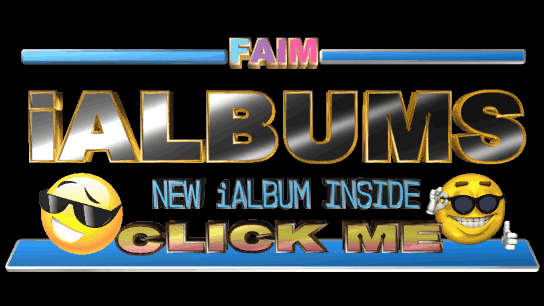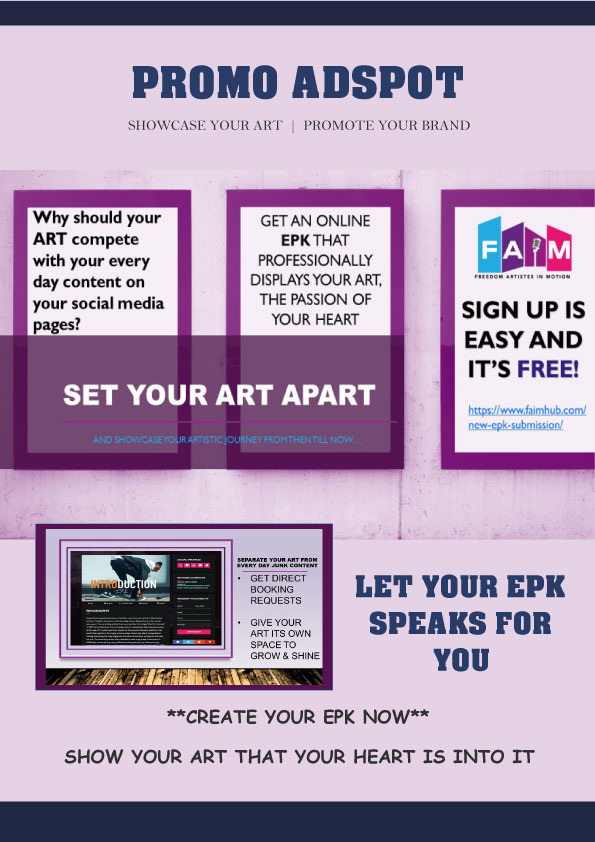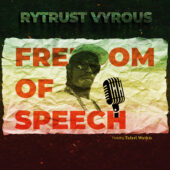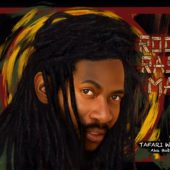How musicians get paid (or don’t) in the digital age
Nam Kiwanuka, host of The Agenda in the Summer, talks to musician Miranda Mulholland about legislative change and diversifying to make ends meet.
“You can die of exposure,” says Denise Donlon, former MuchMusic, Sony Music Canada, and CBC Music executive, talking about how difficult it can be for artists to make money from their music now that, instead of royalties, they are often promised exposure to new audiences. Since the advent of illegal downloading at the beginning of the century, the Canadian music industry has had challenges finding its footing. Although Canadian record companies are reporting increased revenue from legal streaming services, such as Spotify, they haven’t yet figured out how to compensate artists in an equitable way.

Canadian artists are finding it difficult to make a living from music-streaming services. (iStock.com)
This is an issue close to the heart of musician Miranda Mulholland, who talks to Nam Kiwanuka Tuesday night on The Agenda in the Summer about how she’s started a small record label and a summer music festival in Gravenhurst in order to support her work as a singer, songwriter, and fiddler. She also advocates for legislative changes that would protect creators and performers. “A lot of things that we have in our Copyright Act and that our government has put in place were put in place to help start tech companies, to help make sure they had footing in a new environment. The environment has changed so drastically over the last 20 years — we really need to update them and take a look at who they’re actually protecting. Because now we’re protecting Silicon Valley, and we’re not protecting creators.”
In this video, taped last year when the author appeared on The Agenda to discuss her memoir, Fearless as Possible, Donlon discusses the digital disruption of the Canadian music industry.
“The promise of the golden age for artists was that if you could access media directly, you could get rid of all the middle people who were keeping your music away because either you didn’t get a deal, you weren’t signed, you weren’t promoted,” she says. But now artists have to do all the work of that middle person. “I don’t want my artist to spend 10,000 hours on infrastructure. I want my artist to spend 10,000 hours being the best artist they can possibly be.”
Source: tvo.org | by Carla Lucchetta


